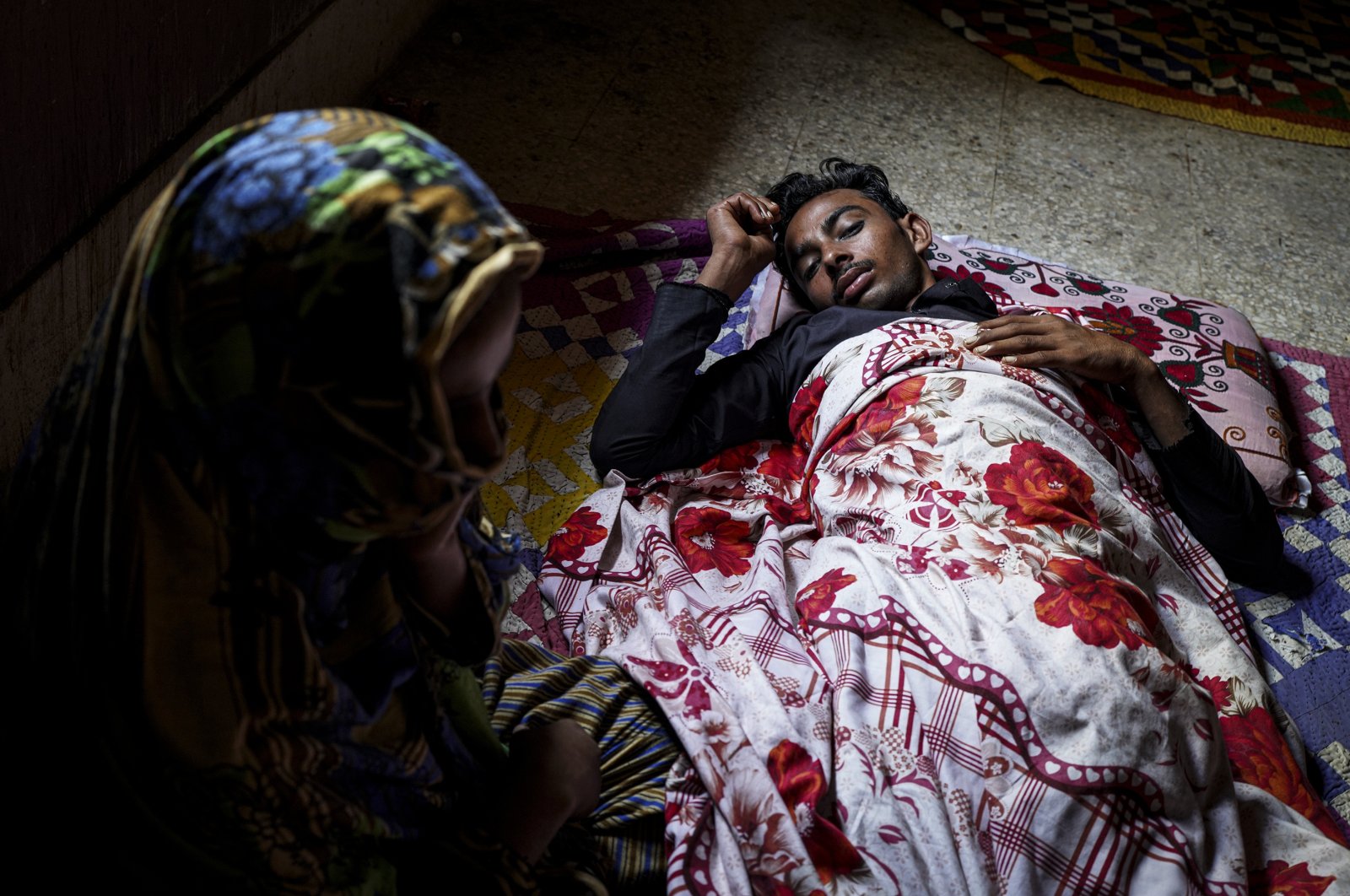The World Health Organization (WHO) warned last week that Pakistan was facing a “second catastrophe” due to disease outbreaks as the country struggles to recover from deadly summer floods. The country’s weak health system, combined with the use of unsanitary water resources by displaced families, has triggered epidemics in the country.
The Turkish Red Crescent (Kızılay), active in Pakistan since the floods left hundreds dead, plans to extend its humanitarian aid to health centres. Anıl Kocabal, head of the Turkish charity’s delegation to Pakistan, said waterborne diseases were increasing in flood-affected areas. “We plan to set up mobile health units in three regions and they will serve around 30,000 people. We will assign mobile health care teams of doctors and nurses for the first response before transferring patients to hospitals. We expect to achieve these efforts within a week,” he said.
Kocabal also said they are working on public access to drinking water resources and plan to provide water filtration systems to some 5,000 families in Pakistan.
Türkiye is constantly sending aid to Pakistan and on Thursday sent two more “kindness trains” loaded with humanitarian aid. These were the eighth and ninth trains and carried 1,040 tons of disaster relief, including food and hygiene items,
Hundreds of thousands of people displaced by the floods are living in makeshift homes in rare dry areas as floodwaters linger in most places. Floodwaters are the main source of disease, from malaria and dengue fever to diarrhea and skin diseases. In some areas, hospitals are full of patients, forcing displaced people who had taken refuge in hospitals to relocate to schools in Karachi, Sindh’s largest city. Schools are the main accommodation for thousands of people while volunteer health workers care for the sick.
Pakistan’s disaster management agency says nearly 3 million people have been treated in mobile hospitals set up in flood-affected areas since July 1. Elsewhere, families living in arid areas are hosting displaced people in their homes in Karachi. Isha Gulistan says her 3-year-old daughter has been waiting for care for days due to a high fever. “Our house was flooded and we were only able to salvage a few pieces of our belongings and settle in a tent. My daughter fell very ill. I took her to the hospital in Karachi,” says Gulistan, from a village.
Gaffura Golbahar takes care of her husband who has fallen ill with malaria and both have taken refuge in a school, among other things struggling with illnesses. “We had to leave our village and we had nowhere to go. My husband is sick for days. We don’t know what to do,” she lamented.
Media reports say thousands more doctors and paramedics have been deployed to Sindh, the worst-hit province, to contain the spread of disease. Unofficial reports indicate that more than 300 people displaced by the floods have been killed by disease. In Sindh, more than 700 people have been killed in the floods. Overall, monsoon rains and floods, exacerbated by climate change, have affected some 33 million people and killed more than 1,500. Some 2 million homes across Pakistan were also damaged by the floods and around half a million people were left homeless.
Pakistan has deployed some 10,000 additional health workers to Sindh in recent months to meet the needs of flood victims. About 18,000 doctors and nearly 38,000 paramedics are treating survivors in the province, according to health department data. The floods also damaged more than 1,000 health facilities in Sindh.
Some floodwaters in Pakistan have receded, but many districts in Sindh are still submerged.
The country is mainly dependent on foreign aid due to the massive scale of the disaster. Pakistani Prime Minister Shahbaz Sharif, who is in New York to attend the United Nations General Assembly, is seeking to rally the international community for more assistance. The country’s foreign ministry has announced that 123 flights carrying aid from abroad and United Nations agencies have arrived in Pakistan since the floods began. Humanitarian aid includes tents, food and bottled drinking water.


